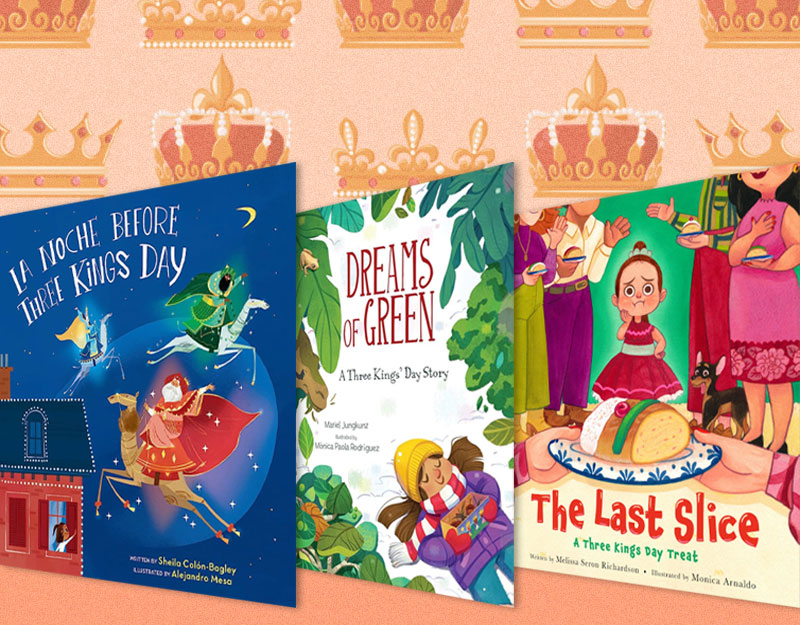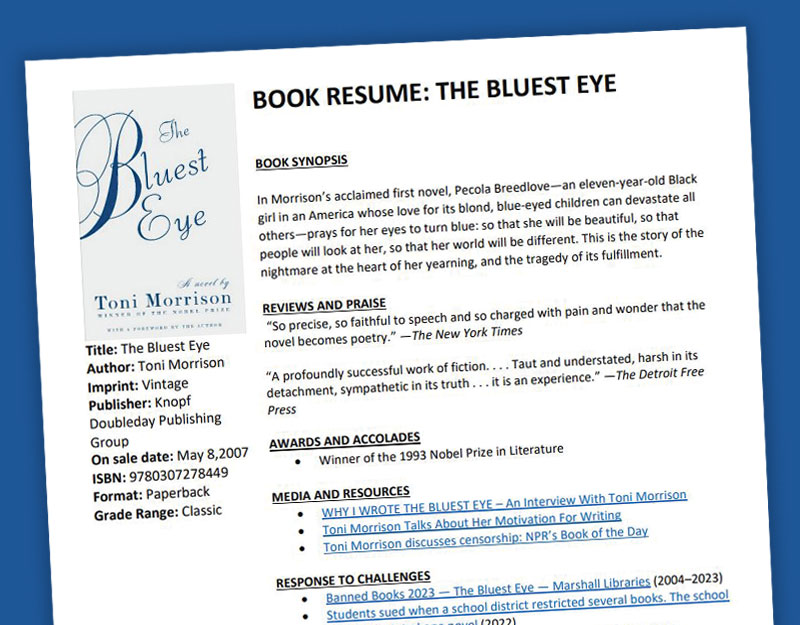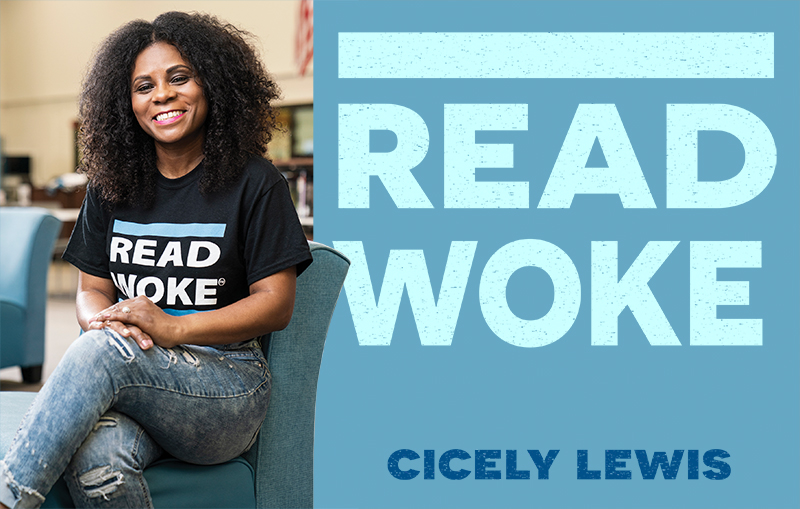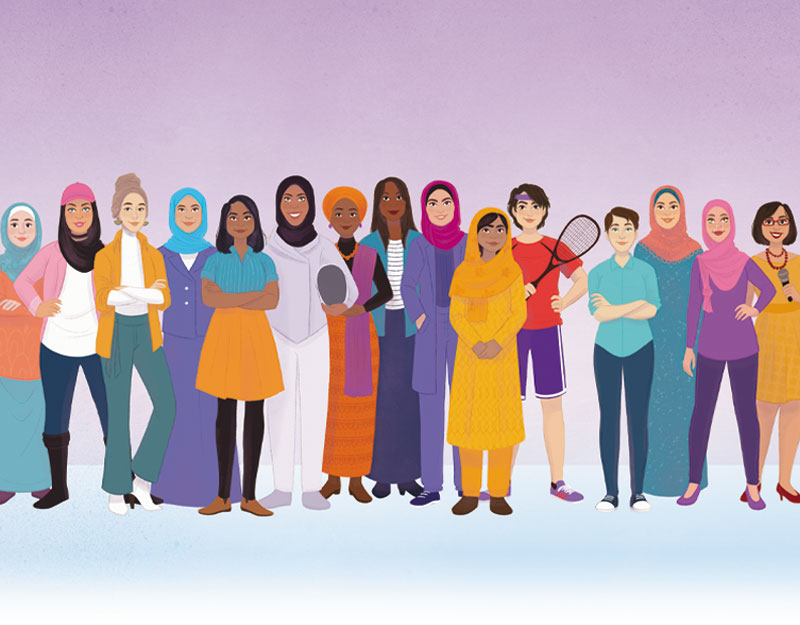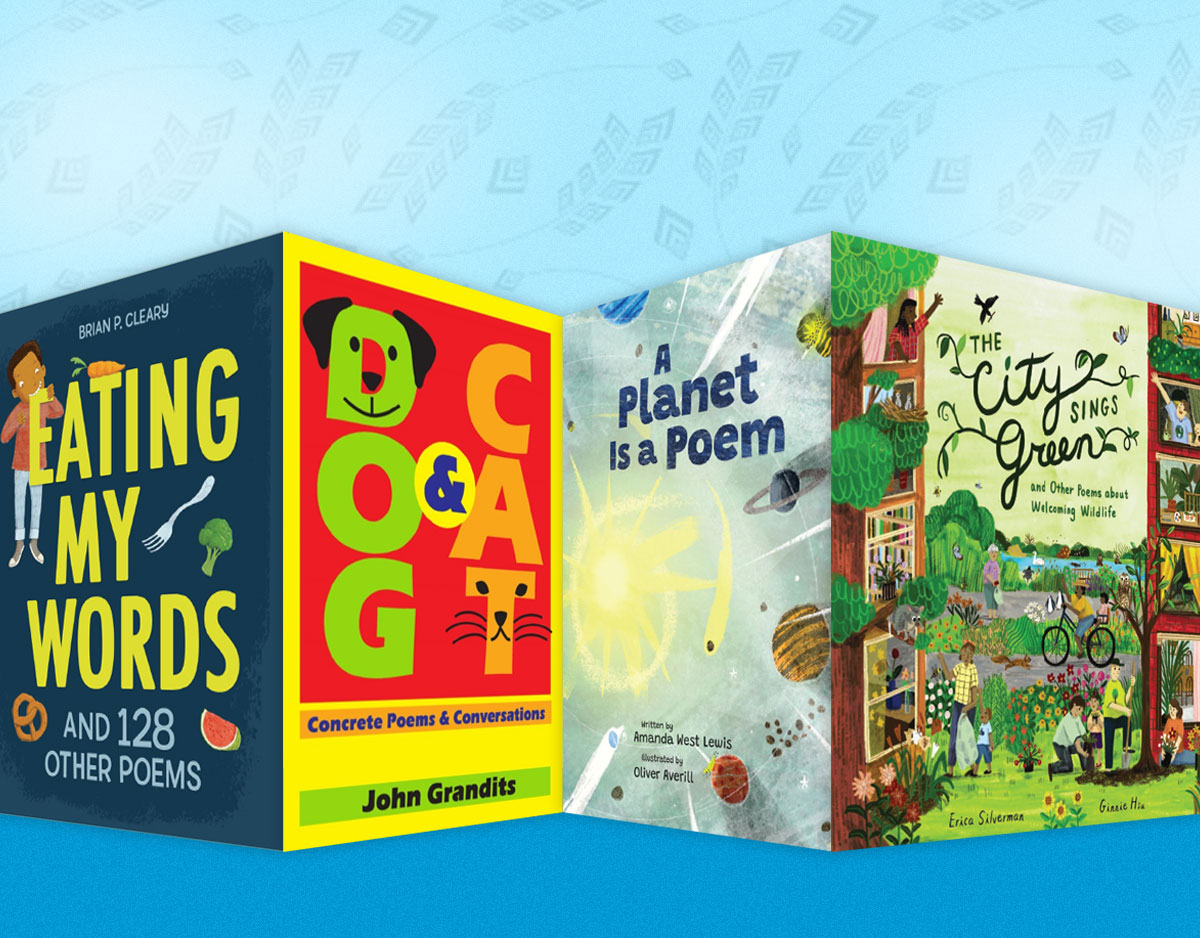Your Legacy: A Talk With Broadway Director Schele Williams About the Enslaved in Children’s Literature
Director of the upcoming revival of Elton John and Tim Rice’s “Aida” for Disney Theatrical Productions.
Director of “Mandela the Musical” debuting in London in 2022.
Associate Director of “Motown: The Musical” on Broadway.
Associate Director of “Porgy and Bess” European Tour and Associate choreographer “Rent” on Broadway and it’s North America and International companies.

And when they ask you if you would like to interview that very someone about a book that they have written that discusses slavery with younger kids, you should jolly well have the brains to be interested. Schele Williams is a leading voice when it comes to social justice in the arts and, as you can see, she is highly accomplished. Her first book for kids is coming out this fall, and it’s a deep dive into a difficult subject. What’s so remarkable about it, though, is that Ms. Williams has taken a firm hand with the material, placing it firmly within the context of empowerment. No easy task. The publisher’s description reads:
A proud, empowering introduction to African American history that celebrates and honors enslaved ancestors
Your story begins in Africa.
Your African ancestors defied the odds and survived 400 years of slavery in America and passed down an extraordinary legacy to you.
Beginning in Africa before 1619, Your Legacy presents an unprecedentedly accessible, empowering, and proud introduction to African American history for children. While your ancestors&; freedom was taken from them, their spirit was not; this book celebrates their accomplishments, acknowledges their sacrifices, and defines how they are remembered&;and how their stories should be taught.
Betsy Bird: Thank you so much for joining me. In the Author’s Note of YOUR LEGACY you discuss how you wanted to find a book to read to your children that was about slavery and would, “empower its descendants with the truth.” When you were unable to find such a book, you wrote your own. Tell me a little about what it was you wanted to see in your own book that you couldn’t find in the others already out there.
ADVERTISEMENT
ADVERTISEMENT

Schele Williams: What I wanted more than anything was to tell a story about the enslaved, which is very different from telling a story about slavery. Slavery is an act of opression, the enslaved are the extraordinary human beings that endured. Their story begins in Africa and ends with my children and their freedom. My enslaved ancestors have been narrowly defined by their oppression, that’s how I learned about them as a child. I wanted to shine light on their love, intellect, determination, courage and grace.
BB: In all forms of the arts, whether we’re talking about films or plays or books, there’s been an ongoing discussion about the degree to which we should discuss Black pain rather than Black joy. This topic arises in particular when people discuss enslavement and its history. How do you tread the line between being authentic to the horrors of slavery while, at the same time, presenting the facts in a manner that ultimately uplifts the child reader?

SW: All human stories have pain and joy, no matter how tragic or heroic. I refer to this book as a conversation starter; my hope is that as a child grows, the parent, family member or educator can calibrate when a child is ready to handle a deeper understanding of the horrors of slavery and the effects it had on the enslaved.
BB: The words “Love”, “Intellect”, “Courageous”, “Determination”, “Brilliance”, “Strength”, “Ingenuity”, “Grace”, “Dignity” stand out, thanks in large part to Tonya Engel’s typography. They appear in the sequences about slavery and then later during other moments in Black American history. Was it difficult to select these nine words? Were there any you considered as well?
SW: This book was born out of my personal need to talk to my girls. I wanted them to be proud of their enslaved history. I substituted the words Love, Intellect, Courage, Determination, Brilliance, Strength, Ingenuity, Grace and Dignity, because I didn’t know the names of my enslaved ancestors. Those people existed, I am here because of them. If I could not give them the dignity of their names, then I would honor them with the traits I know they possessed. That device was born out of necessity and became an anchoring theme in the book.

BB: As you wrote the book, did you have any kind of sense of the style of art you wanted to see in it? Did you know Tonya’s work before she was attached? What was your impression of her work when you saw the final project?
SW: I did! I knew I wanted the book to be lush and beautiful. I looked at work from a number of illustrators as we were trying to figure out what the look and feel of the book should be and when I saw Tonya’s work I was blown away. Tonya’s artwork is always layered, imaginative and her visual stories are woven together in such a surprising way that makes turning every page thrilling. The first time I saw the illustrations for Your Legacy I just wept. I wished that I had seen my enslaved ancestors like this for the first time. I am so grateful she said yes.
BB: I was particularly taken with the sequence where you get a clever visual sequence of six different people that escaped slavery in six different ways. Engel has juxtaposed them in such a way where you get them in this fun visual train-related montage. She does it a couple other times in the book too (as with the inventions). Was that how you envisioned these spreads when you wrote it?
SW: Yes, I love it too. I had a couple ideas about how to weave these together. Being a Broadway director is my day job, so I am a bit obsessed with visual storytelling.

BB: Was there anything you wanted to avoid doing when you wrote the book?
ADVERTISEMENT
ADVERTISEMENT
SW: I only thought about what I wanted to embrace, not what I wanted to avoid. I used, “a bold reclaiming of our enslaved history” as my guild for every page. I thought about what I wanted this book to be for parents like me struggling to have an important and necessary conversation. I thought about the impact this book would have on my children and on children that are not African American as we recognize and honor the extraordinary contributions of the enslaved in building America.
BB: Was there anything you wanted to include and were unable to, for one reason or another?
SW: I don’t think so. I poured over every word, and when I finally saw the book, I felt at peace. And I felt proud that what began as a conversation I was afraid to have has become a bold declaration of pride of my enslaved history.

BB: Finally, does this book stand alone, or have you considered pairing it with other companion books, to be written in the future?
SW: I have thought a lot about what a Your Legacy series would look like and the stories I would love to explore. But at this moment I am so grateful to watch my first book come into the world. This is an incredible feeling I want to savor.
If you would like to savor this book yourself, you need only wait until September 28th, when it will be hitting bookstore shelves everywhere. I would like to thank Ms. Williams for answering my questions and to Hallie Patterson and the folks at Abrams for setting this up.
Filed under: Interviews
About Betsy Bird
Betsy Bird is currently the Collection Development Manager of the Evanston Public Library system and a former Materials Specialist for New York Public Library. She has served on Newbery, written for Horn Book, and has done other lovely little things that she'd love to tell you about but that she's sure you'd find more interesting to hear of in person. Her opinions are her own and do not reflect those of EPL, SLJ, or any of the other acronyms you might be able to name. Follow her on Twitter: @fuseeight.
ADVERTISEMENT
ADVERTISEMENT
SLJ Blog Network
Name That LEGO Book Cover! (#53)
K is in Trouble | Review
Fighting Public School Book Bans with the Civil Rights Act
ADVERTISEMENT



